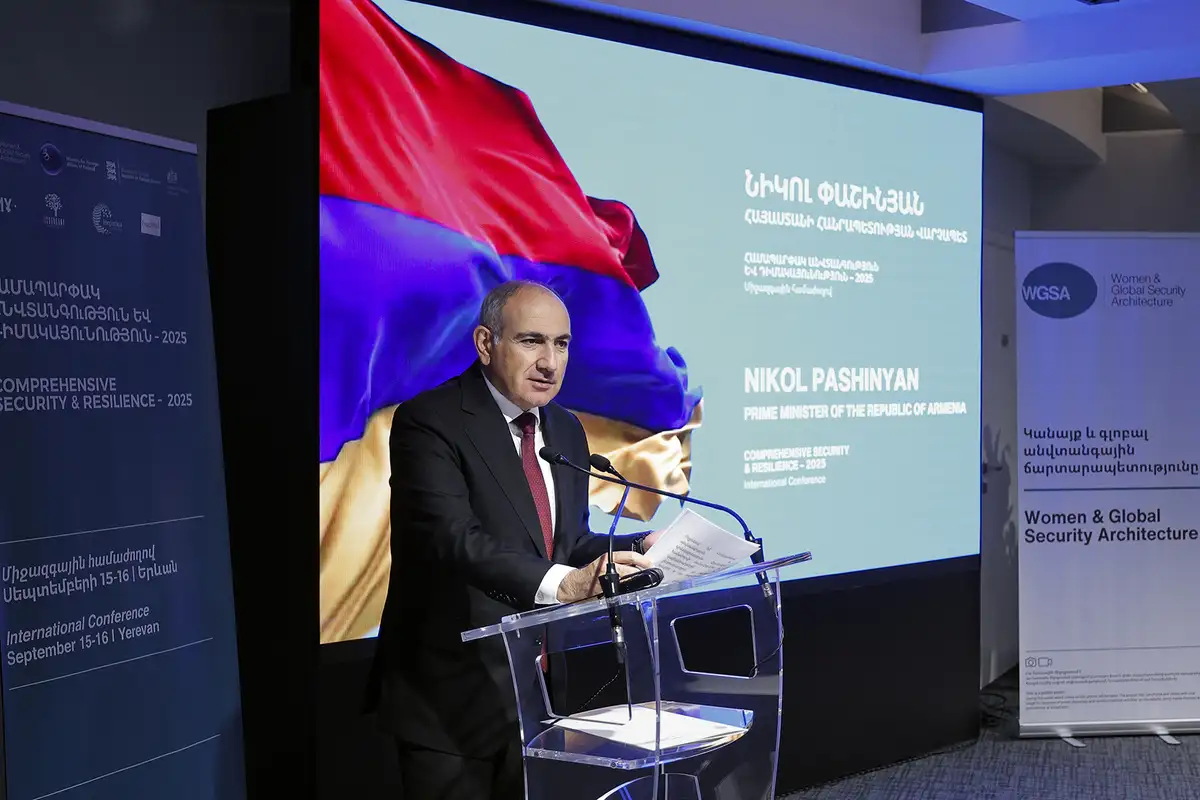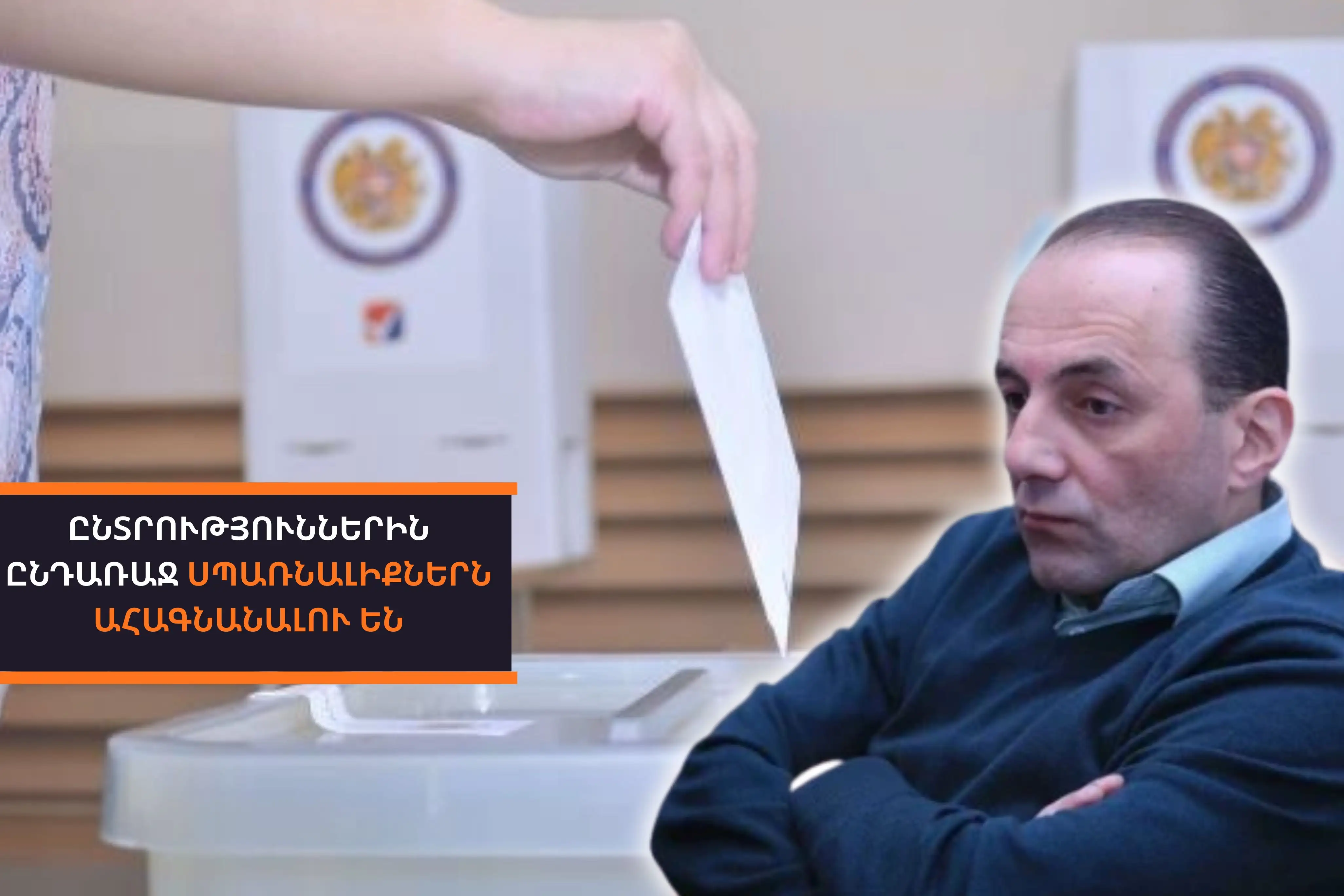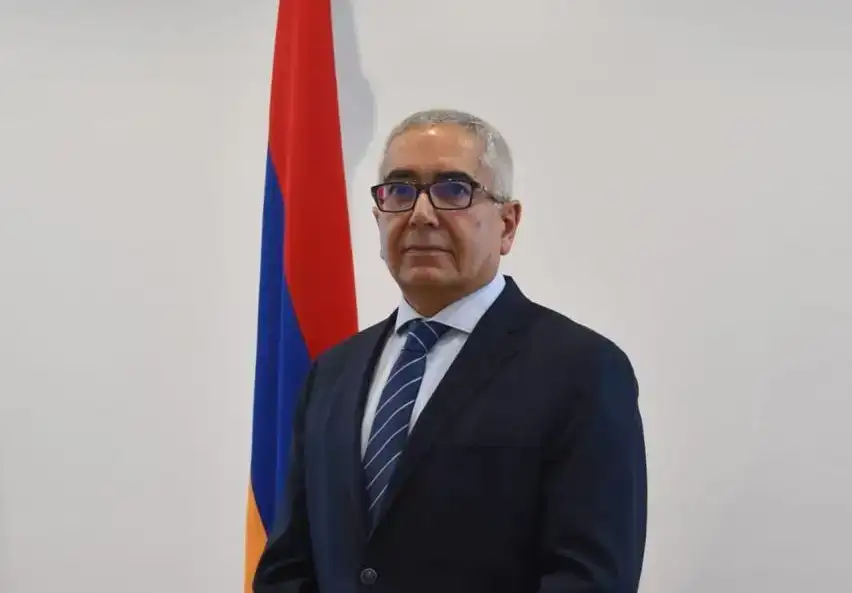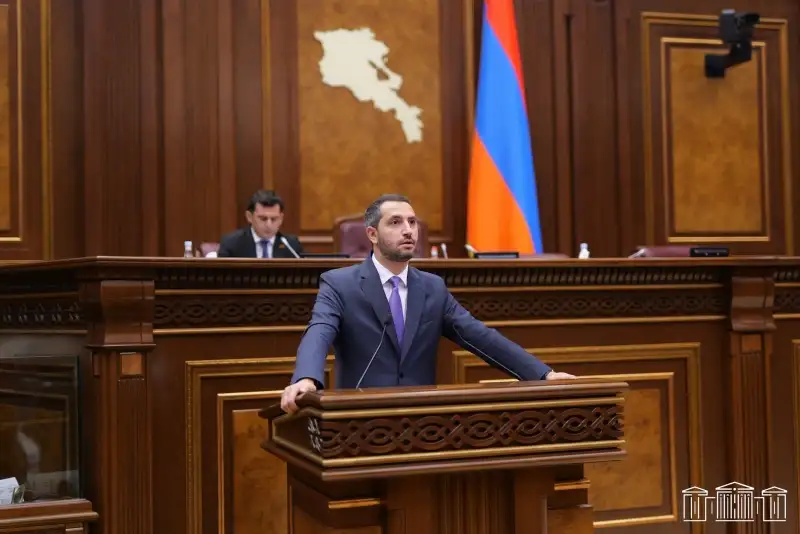Prime Minister of the Republic of Armenia Nikol Pashinyan participated in the opening of the "Comprehensive Security and Resilience 2025" international conference.
The event was also attended by the Chief of Staff of the Prime Minister Arayik Harutyunyan, Secretary of the Security Council Armen Grigoryan, Minister of Internal Affairs Arpine Sargsyan, Head of the Foreign Intelligence Service Kristinne Grigoryan, Head of the European Union Delegation to the Republic of Armenia, Ambassador Vasilis Maragos, ambassadors accredited to the Republic of Armenia, international experts and others.
Welcoming the participants of the conference, the Prime Minister made a speech and emphasized the importance of public cohesion around security agendas. "Cohesion is, of course, essential, but sometimes we forget that it must be clear and precise about what the cohesion is about and what its purpose is."
According to the Prime Minister, it is necessary to record and formulate what we mean by security, including whose security we are referring to and what parameters it is expressed in. "In my understanding, security is the process of reducing one's own vulnerabilities," said Nikol Pashinyan, noting that significant circumstances have changed in our understanding of ensuring security and reducing vulnerability.
The Prime Minister referred to our understanding in the previous period and noted that the primary tools for reducing our external security vulnerabilities were military-political alliances and the army. However, according to the head of state, history has proven that this formula did not work with either the first or the second point.
According to Nikol Pashinyan, as a result of the quadrilateral meeting held in Prague in October 2022, Armenia and Azerbaijan reached a political agreement that they are ready to recognize each other's territorial integrity and sovereignty based on the Alma-Ata Declaration. "This was the turning point that changed our entire strategy, because this was our first experiment to turn legitimacy into a security tool. And from that point on, that tool began to work. And from that point on, the strategy of the Republic of Armenia changed significantly, and we understood that one of the pillars of security, if not the most primary, although in my opinion the most primary, should be legitimacy," the Prime Minister said.
Nikol Pashinyan noted that the Government is consistently implementing this security strategy based on legitimacy, and it is this strategy that has made peace possible. "Without the adoption of this strategy, peace would simply not be possible, if by peace we mean institutional, lasting peace."
According to the Head of State, our security legitimacy strategy has now been further strengthened with the initialing of the peace agreement on August 8 of this year and the Washington Declaration of Peace. "What we do in relation to the external environment is related only and exclusively to the security legitimacy strategy," the Prime Minister said.
Nikol Pashinyan emphasized that the legitimacy strategy is also essential for army reforms. "And here is our next strategic reformulation, which sounds and has sounded as follows: the army of the Republic of Armenia has nothing to do outside the internationally recognized territory of the Republic of Armenia, it has no problem, and the task of the army is to ensure the protection of the internationally recognized territory of the Republic of Armenia. This is the legitimacy strategy in the case of the army and in the case of the army," the Prime Minister said, adding that the legitimacy strategy has given us concrete results, in particular, the expansion of the scope of military-technical and military-political cooperation.
Prime Minister Pashinyan noted that in this regard, we build our security strategies based on legitimacy, and legitimacy is the first tool for ensuring our security. "We place our statements, aspirations, and goals within the boundaries of our internationally recognized territory of 29,743 square kilometers. We build everything, absolutely everything, within the logic of our internationally recognized borders."
According to Nikol Pashinyan, if there is anything that makes us vulnerable or will make us vulnerable, and can legitimize our vulnerabilities, then we must solve those issues. "There are no more small issues, because when you remove the big ones, every next issue becomes the biggest issue of that moment. And it is irresponsible to say that others will come and solve that issue; there is no other, or they will solve it in the future; the future is today. Is it solved today? Then there is a future. Is it not solved today? Then there is no future. And this is the strategy that allows us to say that today we are more independent than ever, we are more sovereign than ever, we are a state than ever, and let me say we are safer than ever. The Republic of Armenia has never had more security during its independence than it has today, on September 15, 2025. And I say this responsibly."
The Prime Minister noted that the dictatorship of reality offers and provides unusual solutions for. "One of such solutions and formulas is the following: independence, and in this regard, security, replacing dependence on the few with dependence on the many," Nikol Pashinyan said.
Referring to the "Trump's Path for International Peace and Prosperity" program, the Prime Minister noted that it implies lifting the blockade on Armenia, but also means lifting the embargo of Azerbaijan through Armenia's territory.
"Is there a security guarantee? In my opinion, yes, there is a security guarantee. The security guarantee is peace. There is simply no other security guarantee other than peace. We have peace today, but that peace requires daily care. Moreover, peace requires constant institutionalization. First of all, I mean the signing and ratification of the peace agreement," Nikol Pashinyan said.
However, according to the Prime Minister, peace also requires institutionalization after that, because after that, a variety of other issues will arise. "As a result of the resolution of any of these issues, peace will continue to require institutionalization. All peace, even those that have existed for 50 years, need institutionalization, because if you do not engage in the institutionalization of peace, peace is deinstitutionalized, that is, it is destroyed."
Summarizing his speech, the Prime Minister referred to the statement he made in the spring, in which he stated that there would be no war between Armenia and Azerbaijan, but rather peace. "There is now peace between Armenia and Azerbaijan," the head of state noted.




















